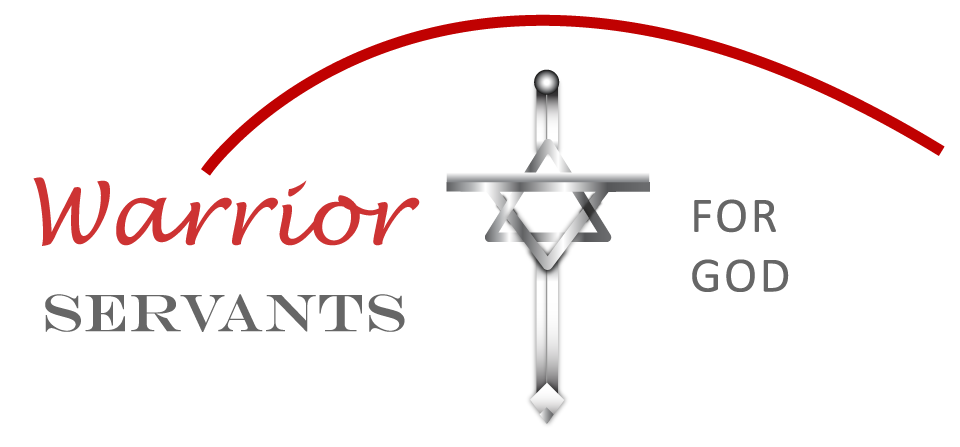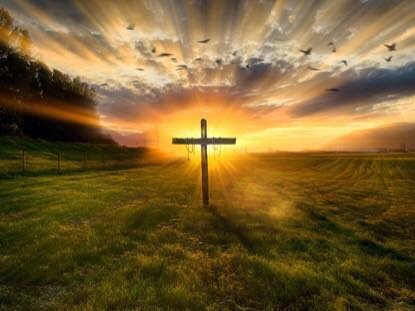PIERCING EVERY THOUGHT
Jesus’ body bore different types of scars, each of which tell their own unique story. For instance, whilst the scars upon “the body” of Jesus — that were meted out through the violent beatings of angry men — represent the “vigour and ferocity” of the fallen nature’s desire for a world “SEPARATE FROM” the Presence of God, they are also “eternal testimony” to the immense travail and trauma of Jesus’ personal “SEPARATION FROM” His Father. Which diametrically proves the principle: “For the flesh sets its desire against the Spirit, and the Spirit against the flesh; for these are in opposition to one another.” (Galatians 5:17). And of the travail of Jesus at being SEPARATED FROM His Father, think not that this cost was not dear for Him. For is He not described as, “A Man of sorrows and acquainted with grief”? (Isaiah 53:3). Or is it not written of God the Father that, “He shall see of the travail of his soul, and shall be satisfied”? (Isaiah 53:11). On the other hand, in stark comparison, the deep scars upon Jesus’ “hands and feet” are emblematic of what it now takes for any man to once more be “INSEPARABLY TIED” to our God and Father. “But ye that did cleave unto the LORD your God are alive every one of you this day.” (Deuteronomy 4:4).
Since the fall of man ensured that we no longer have an umbilical to tether us forever to our God and Father, the example and work of Jesus and the Cross shows us that we are to forcefully “nail our bodies to Him”, so that we can never be separated from God ever again. Nor He either from us. For is this not why it is written, "I will drive him like a peg in a firm place, and he will become a throne of glory to his father's house”? (Isaiah 22:23). And is that firm place not the cross? And has the cross not become a throne of glory to His Father’s house? And once we are likewise pegged to the firm place of Jesus through the cross, of the precise nature and strength of this umbilical, is it not also recorded, “For I am persuaded, that neither death, nor life, nor angels, nor principalities, nor powers, nor things present, nor things to come, nor height, nor depth, nor any other creature, shall be able to separate us from the love of God, which is in Christ Jesus our Lord”? (Romans 8:38-39). Is this not a type of firmness that is ENTIRELY UNSHAKABLE? As such, “the cross” IS our umbilical. For is the cross not formed just like a knot?
Having said that, at the same time, the cross also represents the “corporate body” being nailed to Christ. For is it not true that, upon the crucifixion, that only “the limbs of the body” were nailed to the Cross? And are we not “the body of Christ”? And when upon the cross, was it not so that only “the head” remained free? And is the Head not Christ? Does this not explicitly tell the “entire body” that our freedom resides with “the head and the head alone” (Christ, God with us)? For is it not written that he who is in Christ is free indeed? (Mark 10:45). Which likewise tells us that true freedom is found ONLY when we take up our cross. And having taken up our cross, when we then follow Christ. For does the body not always follow where the head first leads? “If anyone would come after me, let him deny himself and take up his cross and follow me.” (Matthew 16:24). Which is “the immense work” of following Christ up the mountain of “overcoming the flesh”. And of those who overcome, is it not promised, “He who overcomes, I will grant to him to sit down with Me on My throne, as I also overcame and sat down with My Father on His throne”? (Revelation 3:21).
For when it comes to “the works” of overcoming the flesh, does the Lord not say that He will reward us for “our works"? (Romans 2:6; Revelation 22:12). Which are not to be confused “with fruits”. Our works are all the ways in which we work to overcome these three things that make up the fallen nature (flesh): the lusts of the flesh, the lusts of the eyes, the pride of life. Which is only possible if we willingly and voluntarily lay ourselves down upon the “altar of surrender and love” that is the cross, and present ourselves “as a living sacrifice”. For did Jesus not volunteer Himself unto the cross as a living sacrifice? Which is to die to self. Which is to die to the “fallen nature” AND to come alive to the “divine nature”? For did Jesus not die AND then come alive again? And is it not written that unless a seed falls to the ground and first perishes, that it shall not produce fruit? (John 12:24). Which at the same time tells us that we will only produce fruit when we die to the fallen nature and come alive to the divine nature. In other words, for those who do not spend this precious time they have been allotted on earth dying to self, then in this life, whilst they may be saved, they shall never produce fruit.
And the reason some choose not to die to self is fear. The fallen nature is desperately afraid of dying to self. It avoids death at all costs, with great “fear and trembling”. For is this not why it is written, “work out your salvation with fear and trembling”? (Philippians 2:12). For the fallen nature is an entirely rebellious Pharoah, one that despite ten plagues, refuses to set the human soul free in order that it can come alive to the divine nature. Which is the essence of the process of redemption. So, like Pharoah (a metaphor for our fallen nature), in order that the seed of the “new creation” that steps out on the other side of the Red Sea may then mature into the stature of the fullness of Christ, the fallen nature in all of us must ultimately succumb in totality to the overcoming waters of Jesus. As did Pharoah and ALL his soldiers (thoughts and ways). For is it not written, “Except a man be born of both water and of the Spirit, he cannot enter into the kingdom of God”? (John 3:5). Where entering the kingdom of God means to partake of the divine nature.
So unless we work with the three of “the Father, the Son and the Holy Spirit” (being the embodiment of the divine nature) to completely overcome the three of “the lusts of the flesh, the lusts of the eyes, and the pride of life” (being the embodiment of the fallen nature), we shall remain for this season with a fallen nature. And well below the measure and stature of the fullness of Christ (Ephesians 4:13). For unless we are prepared to first wear a crown of thorns, and like Jesus before us, voluntarily put to death the fallen nature, which is to pierce the many old thoughts and ways to death with many thorns, Jesus will not be able to reward our works with a crown of glory. Just as Jesus’ body bore the scars of separation, our bodies must likewise bear the scars of our own SEPARATION FROM the fallen nature.

